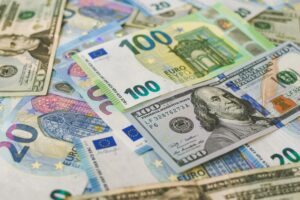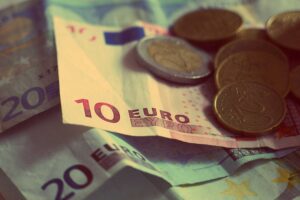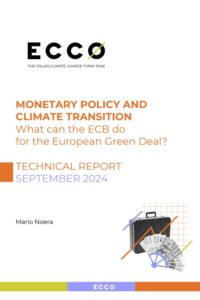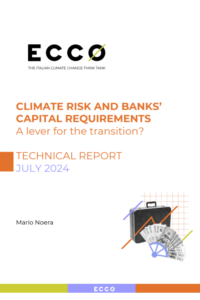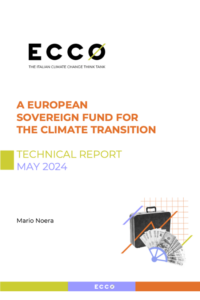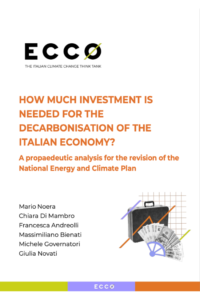Mario Noera is a Senior Associate Finance at ECCO.
At ECCO, Mario works on the Italian public and private financial system to guide the domestic and international ecological transition in alignment with the Paris Agreement. He manages analysis and research on Italian and European financial institutions, including EIB, CDP, SACE and Invitalia. Additionally, Mario is responsible for developing proposals for greening the European Central Bank’s activities and the reform of the EU financial governance for the achievement of the European Green Deal objectives.
Mario is an expert in finance, monetary economics and financial institutions, and has had a long career, both as a teacher and a professional asset manager. In recent years, he has been involved in several research projects related to systemic risks and the financial aspects of the energy and climate transition.
Mario is currently a Fellow Professor of finance and banking at the Bocconi University in Milan and serves on the investment advisory committees of the Fondazione Cariplo, Fondazione Cariparo and Fondazione di Modena. He has previously taught monetary economics at the Catholic University of Milan and served on the Board and Executive Committee of Bper Banca (2018-21). He was President of Arkios Sim (2018-19), Vice President of Unicredit Private Banking (2009-11), and President of AIAF, the Italian association of financial analysts (2010-11). He has also been an independent member of the Board of SCM Sim (2016-17), Unicredit Credit Management (2013-15), and IWBank (2009-12).
In the early 1980s, Mario began his career as an economist at the Economic Research Department of BCI (now Intesa Sanpaolo) and, from 1998 to 2005, was CEO/CIO at several asset management companies within the Deutsche Bank Group (1998-2000), the Mediolanum Group (2000-01), and the Sanpaolo Group (2001-05).
After earning his degree in economics from the University of Modena (1977), where he also worked as a researcher, he completed his specialisation in the United States as a visiting fellow at the Massachusetts Institute of Technology and Yale University (1979-82).




